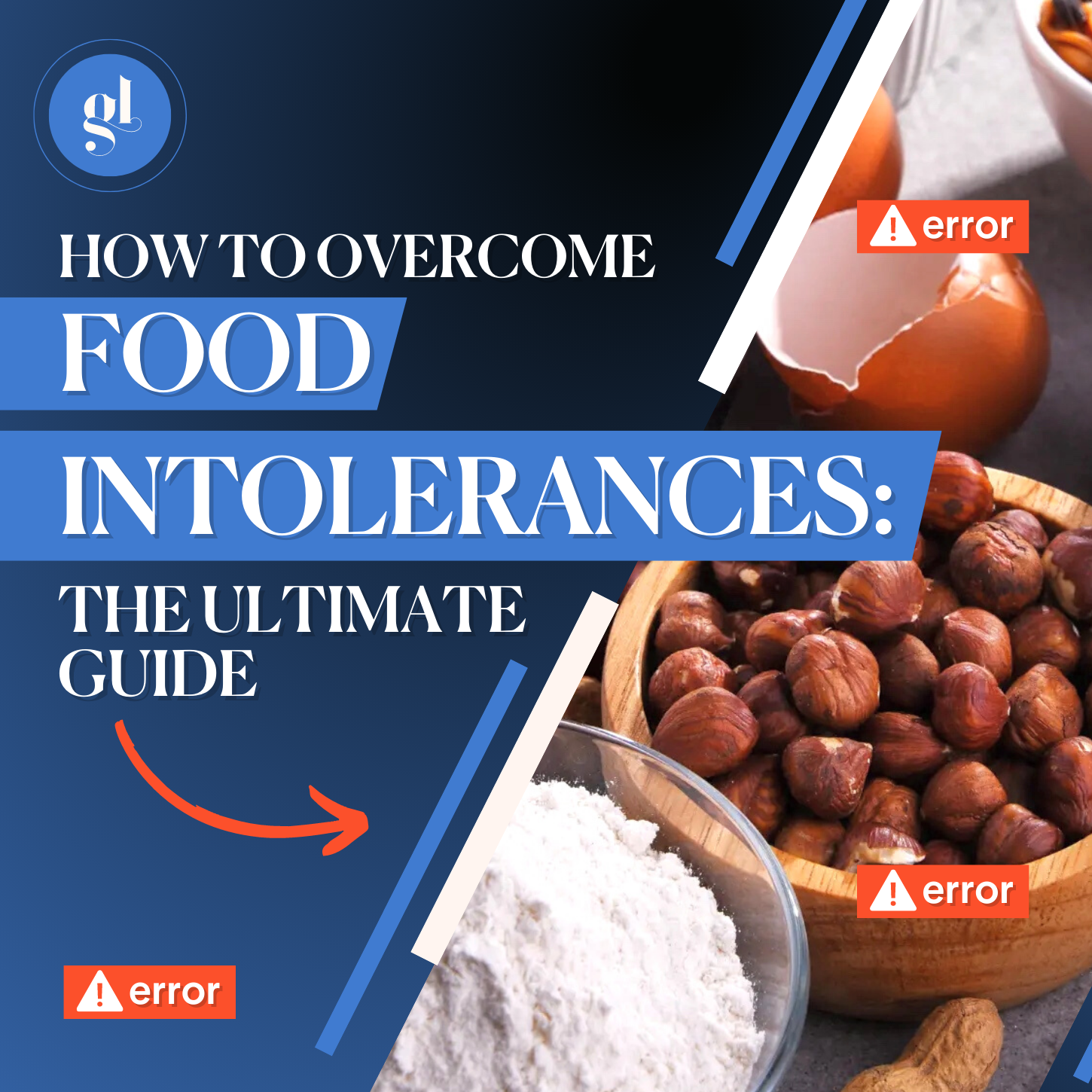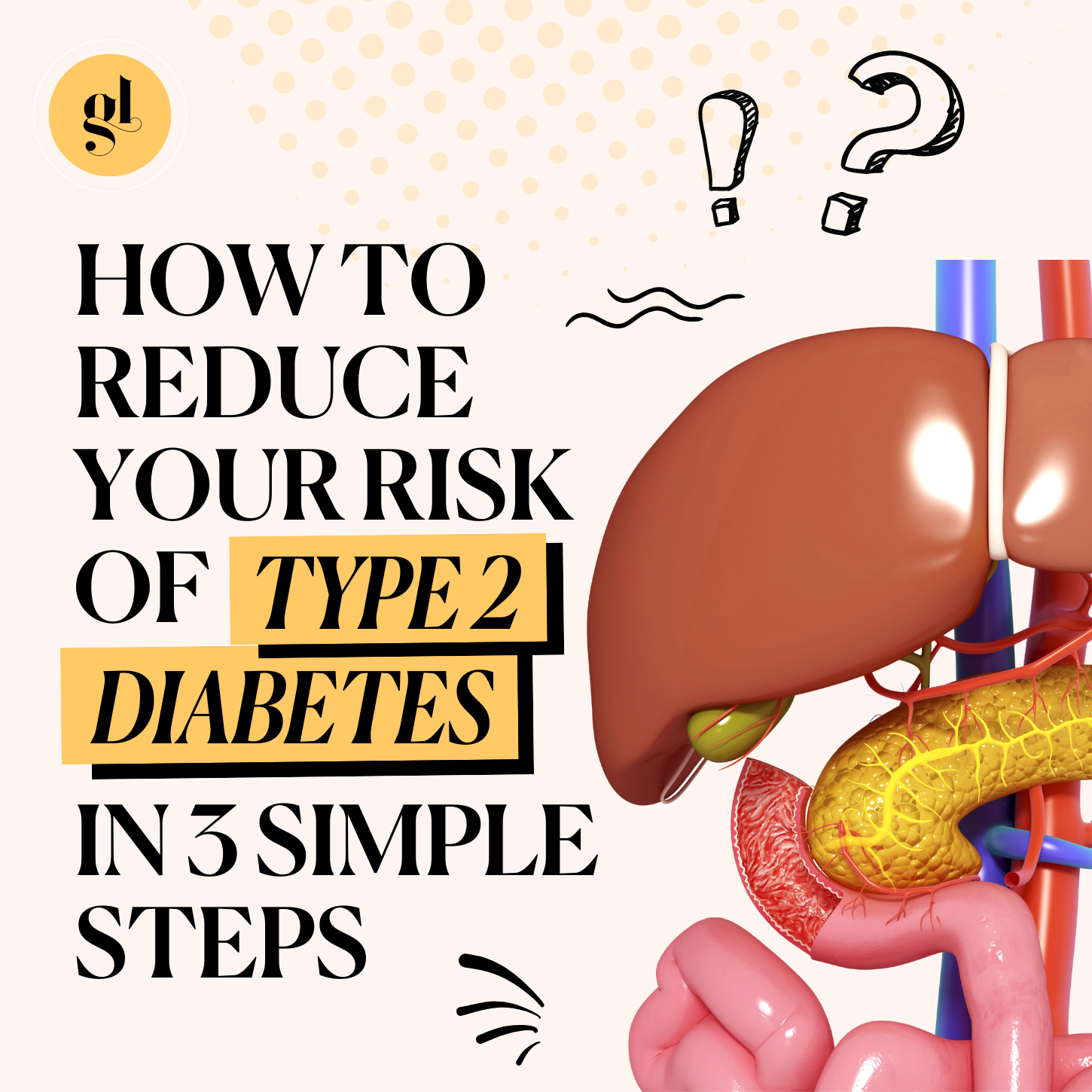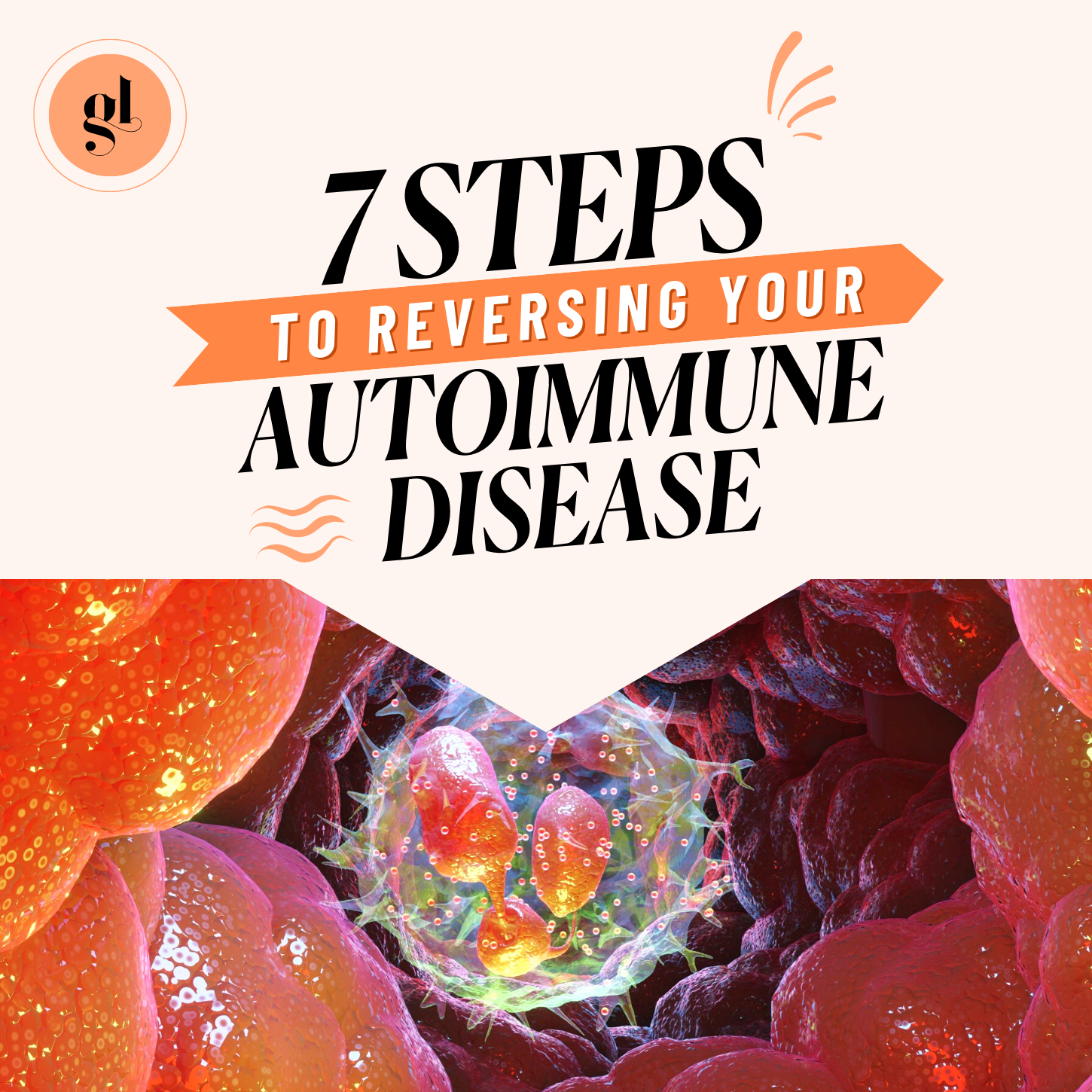Are you often bloated and gassy?
Are you often constipated or suffer from diarrhea?
Are you always tired and your mind feels cloudy?
What about headaches? Joint pain? Skin rashes? Sinus congestion?
These are just some of the symptoms you may experience if you suffer from food intolerances.
Food intolerances can be difficult to identify as the reaction can occur hours or even days after ingestion.
You may be surprised to know that food intolerances or sensitivities are on the rise in the Western world. In fact, 1 in 5 people have what we call an IgG food intolerance!
That’s a lot of people who are bloated and gassy!
So why are more people developing food intolerances?
Here are a few of the reasons:
Modern diets consist of a lot of processed by-products and synthesized compounds which are foreign to our bodies and devoid of nutritional benefit.
Also, the amount of toxins our bodies are exposed to on a daily basis are too much for our elimination systems to handle. They disrupt our delicate gut ecosystem, damage our intestinal lining and cause inflammation.
Overuse of antibiotics and other medications also destroy our gut barrier, ecosystem and wreaks havoc on our immune system.
Stress is a major factor as it increases inflammation and negatively impacts our microbiome and finally, the increased number of caesarean births negatively affect our gut microbiome which can lead to leaky gut and food intolerances.
Ok, so let’s take a few steps back. You’re often bloated, constipated and tired and maybe you suffer from a number of other symptoms too. But you can’t for the life of you work out what foods cause you the issues.
Well there are two ways to find out.
1. Elimination Diet
The biggest advantage of elimination diet is that it doesn’t cost anything. You can start right away as you don’t have to order anything online. Elimination diets are also highly accurate because you are determining the results based on how you feel.
2. Food Sensitivity Test
On the other hand, food sensitivity tests are easier in that you don’t have the long trial and error phase of an elimination diet. You can identify your intolerances a lot more quickly. There’s also no need to eliminate healthy foods unless you are certain they are contributing to your symptoms.
If you’re doing an elimination diet, begin by removing a number of foods. As you remove the foods, your symptoms should start decreasing. The common ones that cause reactions for a lot of people and should thus be avoided initially are:
- Gluten
- Dairy
- Eggs
- Soy
- Corn
- Nuts
- Food chemicals and preservatives
- For some people, nightshade vegetables are problematic such as tomatoes, potatoes and eggplants
A helpful tip is to keep a Food Diary where you can track the symptoms you feel and the foods you eat to help you draw links and determine your problem foods. For some people, other foods like bananas, pineapples and cane sugar can also cause issues so it can be quite a process of elimination and take some time.
If you opt for the food intolerance test, once you get your results back, eliminate them from your diet completely. You should start feeling better within a few days and be symptom free within 1-2 weeks.
Once you’ve eliminated your problem foods and start feeling symptom improvement, your treatment should focus on three areas:
- You want to support and modulate your immune system. There are a number of herbs and nutrients and specific strains of probiotics which help to do just this. Right now, your immune system is overactive, so you want to modulate it.
- The mucosal lining of your gut wall needs to be repaired. Again, there are some nutrients such as glutamine, vitamin D and zinc which are important in this healing process. Digestive bitters or enzymes also help to ensure your food is fully digested as poorly digested food particles and proteins damage the intestinal wall.
- Thirdly, you want to re-establish healthy intestinal flora in the gut through the use of probiotic and prebiotic foods and supplements.
After a period of 4-6 weeks, gradually reintroduce the foods one at a time. It’s important to allow a couple of days after each individual food, so you are able to monitor for any reactions. If the food does not cause any digestive upset or other symptoms, you’ll know you are able to reintroduce that food. But if you do have a negative reaction, you’ll need to retest a few days later at a smaller dose and see how much your body can tolerate.
Now I know a lot of people who would rather not know what they react to. This way they can continue eating that food in blissful ignorance!
This is not a good idea! Why? Because this can just lead to further gut damage and the development of more food intolerances!
Also, the goal is not to restrict in the long-term but to heal the gut so you can introduce and tolerate as much diverse food as possible. In other words, foods are not to be eliminated forever but for a period of time in order to heal your gut.
Before you go, I did mention the impact toxins can have on your gut. If you’re wondering what toxins I’m talking about and what you can do to mitigate your exposure, don’t ignore this video here.














What Do You Think? Comment Below: